Doing Unto Others: How Bipolar Disorder Can Make Us More Accepting of Other People
A couple of months ago, I was having a discussion with one of the women from my bipolar support group. We were going over some of the ways in which bipolar disorder has actually improved our lives, and I said something like, “I think it can make us a little more accepting of other people.” She looked at me and responded, “It makes us incredibly accepting of other people.”
My humility immediately kicked in, and I looked for a way to disagree politely. I thought about it for about ten seconds, but realized that what she was saying was true. I was more accepting of other people as the result of being bipolar. I simply replied, “You’re right. We are, aren’t we?” I suppose admitting that I was wrong had a certain humility in itself ;). Then, we discussed the reasons for which this was true.
Thinking about it later, I realized this was true of most people in the support group. Before, I’d thought mostly that the reason that people in the bipolar group were more accepting was that they suffered from the same condition as I did and could empathize with those who were bipolar. In retrospect, though, I realized that there was more to it than this. The people there were actually just more accepting of everybody and, well, I’m a part of everybody.
So, I thought I would write today about why I think this is true. I don’t intend this post as bragging, but it’s worth looking at some of the positive things about being bipolar, including how it can help make us better people.
Not Being Accepted By Other People

Source: Juan Manuel Cruz del Cueto - CC BY 2.0
Fear of Rejection
The first is stigma. I know I have had the experience of feeling that people would reject me if they knew that I had bipolar. I by-and-large hid my bipolar disorder for about fourteen years. It was only last year that I decided to stop hiding my bipolar disorder and simply let people know about it (Facebook, by the way, is very good for this). My experiences were largely positive, but I still have the experience of worrying what new people will think if I let them in on my bipolar disorder.
This gives me an important perspective, however. When someone discloses to me something that is potentially embarrassing, my immediate reaction is to try to figure out how to make them feel accepted and know that it doesn’t harm our relationship in any way. I don’t just quietly accept them either. I make an overt effort to let them know just how much their disclosure won’t harm our relationship. This makes me actively more accepting of other people.
Hiding Feelings
The other way that bipolar disorder can affect my feeling of being accepted is not just worry about outright rejection, but the way that our social norms work in such a way that it is very difficult to have an episode while in public.
Simply put, we don’t have a lot of room for extreme emotional responses in public situations. If I am depressed, I will often simply wish that someone would ask me how I’m doing. At the same time, I worry whether I really want to explain what I’m doing. Meanwhile, the people around me are enjoying themselves, or engaging in some activity that has nothing to do with my feelings.
I’m not sure this is such a bad thing much of the time. Often, I simply want to have my mind taken off of what I am feeling, not dwell on it. Social situations just aren’t designed for emotional expression. This can make social situations draining while depressed, but it can also be beneficial.
Still, this can really make it helpful for me to try to be accepting of other people when they find this process too difficult to bear. If someone starts to show that they are very upset in a given situation, I try to find out if they want to talk about what is happening. It doesn’t matter whether or not that person is bipolar. I simply know how draining it can be to fake it, and want to give them the chance not to have to fake it if they don’t want to do so. Even if they don’t want to talk about it, I try to be conscious of their mood during any conversations, so as to make their experience more comfortable.
Embarrassment

Source: Matthew Black - CC BY-SA 2.0
What does this have to do with bipolar disorder? Well, one thing I find especially when I am hypomanic is that I start to become very effusive. I can talk right over people, etc. I’m often quite embarrassed about this later, wondering why I went on for twenty minutes about that silly action film. Hypomania, especially, leads to embarrassing situations.
However, what I really find is that this affects the way that I respond when other people do things that are potentially embarrassing. Rather than heap shame on someone who is acting in a socially unaccepted way, my immediate reaction is to try to figure out how to prevent that person from being embarrassed, both then and later.
It never even occurs to me to hold people’s behavior against them, because I’ve so often had my behavior held against me. I think over time, people pick up on this. No matter how socially unaccepted something someone does is, I simply don’t hold it against people and can even be an ally when it comes to avoiding embarrassment in front of others.
I thing this ultimately leads people to feel more comfortable around me, as everyone does something potentially embarrassing from time to time. If we know that we will be judged or shamed should we do something embarrassing, it makes us far less comfortable around other people for fear of this happening. The same goes for other people. If they fear that we will judge or shame them, they will feel uncomfortable around us. Once they realize that we will never do this, they start to feel more comfortable and feel more accepted.
Being Accepting
Bipolar disorder can have a lot of negative effects. However, it also includes in itself the seeds of improving as a person. One way that it can really do this is by making us into people that are more accepting of other people, and who are able to make or to at least try to make other people feel accepted, no matter what they are feeling or even how they are acting. This is something that can improve not only our own lives, but those of the people around us.
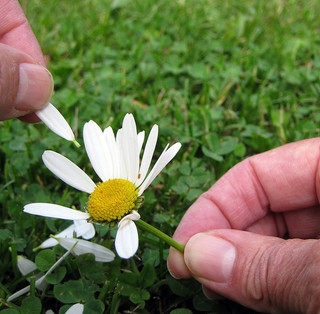


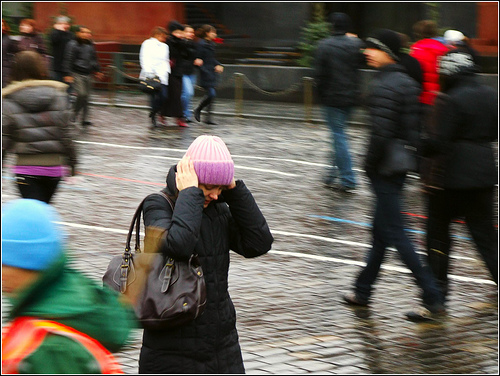
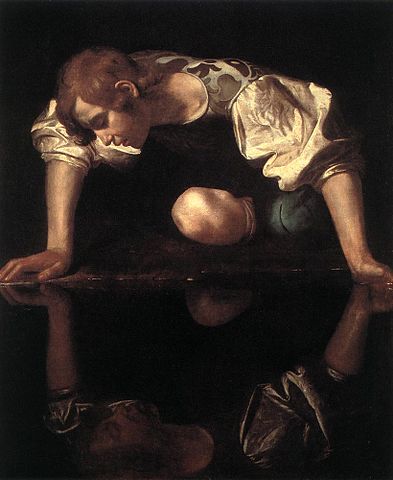
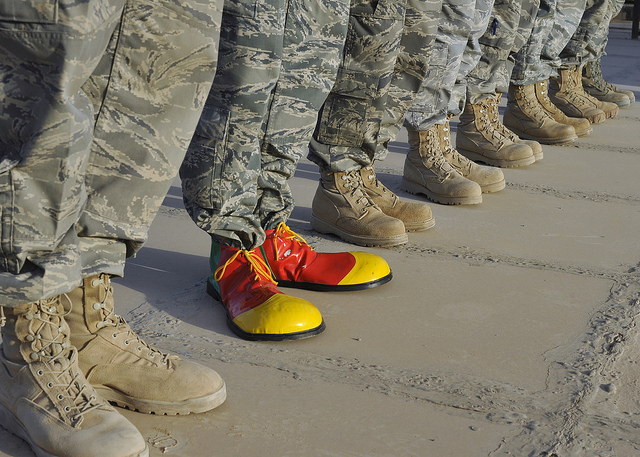
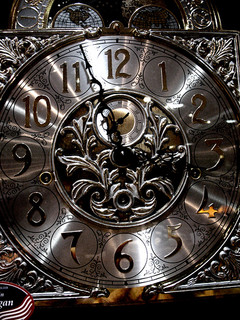
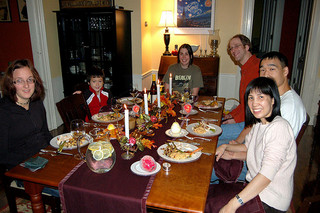

For me living with bi polar has taught me that i have bi polar it is part of me but not all of me ! I manage bi polar albeit i do have my death by duvet days !
One of the biggest issues i come up against is some peoples attitudes who have never endured depression assume having low moods as weak and selfish.
Often I say to these people “One has to go through the tunnel to understand how dark it is ”
My biggest progress to date is to except peoples attitudes and gently challenging their assumptions instead of doing what I did for many years and avoid people for fear of the rejection I had felt for most of my life .
Thank goodness that education on mental health has come a long way in many areas .
Thank you for the comment, Maggie. I’ve had a similar experience in terms of trying to work with the attitudes that people have. It’s not that I don’t want to change them, just that I’ve found that the best strategy is what you’ve called “gently challenging” them (I love that phrase by the way). I do find that many people are more conscious of mental illness than they used to be, and I’m hoping things will improve from here.
I havent found bipolar make me accept others more. I suppose I am too wrapped up in my own imperfections. But I agree with your summary that BP does almost force us to be better people once we get more awareness of how our behaviour affects others.
Its a good topic. Keep up the good work.
Thank you for the comment. That’s an interesting point. Perhaps what I’m saying applies more to the long term.
One adage that I have followed for most of my adult life has been “let he who has not sinned cast the first stone”. And because of my own high-risk behaviours, I felt that I was more understanding, accepting, and even empathetic with my friends follies. Now that I have discovered that I am bipolar and have been very open about the diagnosis, I find that my friends come to me to talk about their own struggles with anxiety and depression. A recent suicide attempt by a good friend also proves this point of accepting others. I felt nothing but deep understanding about her feelings of hopelessness, and was able to communicate with her much better than when I didn’t know I was bipolar…and I felt that I could help her to understand her feelings of desperation. it worked. Before my diagnosis and my Rx, I would not have been able to handle the situation without being completely emotionally invested in it.
Thanks for another wonderful article Daniel. I feel like I have found a home here at Bipolar Today.
Thank you, Michael. I’m very glad to hear you feel like you’ve found a home here :). Thank you also for your experiences, and I’m happy to hear that you’ve had such a positive experience come out of bipolar disorder.